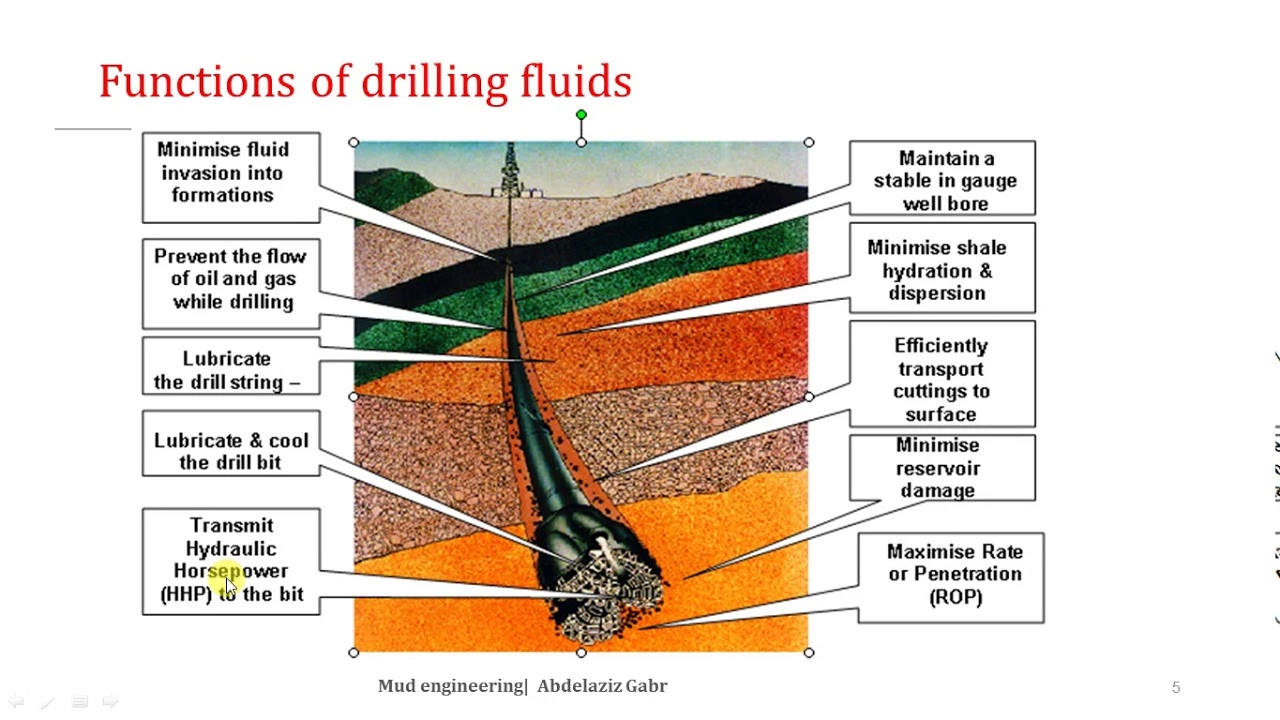Oil and Gas Industry: Health, Safety, and Medicine Tips
Working in the oil and gas industry puts unique pressures on your body and health. Long shifts, remote locations, exposure to chemicals, and rotating sleep schedules change how you should manage medications and basic care. This page gathers practical tips to help field workers, offshore crews, and site managers keep health and medicines under control.
First, build a compact medical kit for site work. Include basic pain relief, antihistamines, antiseptic wipes, bandages, a thermometer, anti-nausea tablets, and blister treatment. Add prescriptions in original packaging with a copy of the prescription and a simple medication list that includes doses and timing. Keep the kit in a dry, labeled case and rotate supplies every six months.
Second, think about medication timing with long shifts and time zone changes. If you use daily medicines for blood pressure, diabetes, or mental health, talk to your doctor about flexible dosing or long-acting versions. Missing doses is common on night shifts — use a pill organizer and set phone alarms linked to local shift time, not home time.
Chemical exposure is a real risk on rigs and refineries. Know the material safety data sheets for substances you handle and learn the specific antidotes or first aid steps for common exposures. For skin contact, rinse with water for at least 15 minutes and remove contaminated clothing. For inhalation, move to fresh air and seek medical help quickly. Document any exposure event to support follow-up care.
Vaccinations and preventive care matter more when you travel to remote sites. Make sure your tetanus, hepatitis, and flu shots are current. If you travel internationally for work, check required travel vaccines and bring an updated vaccination card. Staying up to date reduces sick days and prevents outbreaks on tight crews.
Remote care and telemedicine
Telemedicine is a useful tool when a medic or clinic is hours away. Set up a reliable telehealth option before deployment and store emergency contact numbers in your phone. For prescriptions, use services that allow secure delivery to your base or an approved local pharmacy. Always verify licensing rules for telehealth across borders before relying on electronic prescriptions.
Mental health and sleep
Long rotations and isolated shifts hit sleep and mood hard. Use sleep hygiene techniques: block light during daytime sleep, avoid heavy meals before rest, and limit caffeine late in the shift. For stress and mental health, peer support and confidential teletherapy can make a big difference. If you notice mood changes or anxiety, seek help early — many companies offer employee assistance programs.
Finally, plan for medicine continuity when leaving a job or changing contractors. Keep copies of your medical records and prescription history. That simple step makes transitions smoother and keeps your treatment uninterrupted. Use these tips to stay ready.
Note about medications offshore: store drugs in original containers, log temperature-sensitive meds, and report lost or stolen prescriptions immediately to your supervisor and provider to avoid gaps in care. and keep a digital backup securely.

Calcium carbonate in the oil and gas industry: An essential component
As a vital component in the oil and gas industry, calcium carbonate plays a crucial role in various aspects of the drilling process. It helps in stabilizing the drilling fluid, preventing the formation of gas hydrates, and maintaining the desired density of the fluid. Additionally, calcium carbonate is an effective bridging agent, sealing off porous sections of the wellbore to prevent fluid loss. Furthermore, it aids in the neutralization of acidic components in the drilling fluid, ensuring the well's stability and safety. Overall, calcium carbonate's versatility and effectiveness make it an indispensable component in the oil and gas industry.
read more




